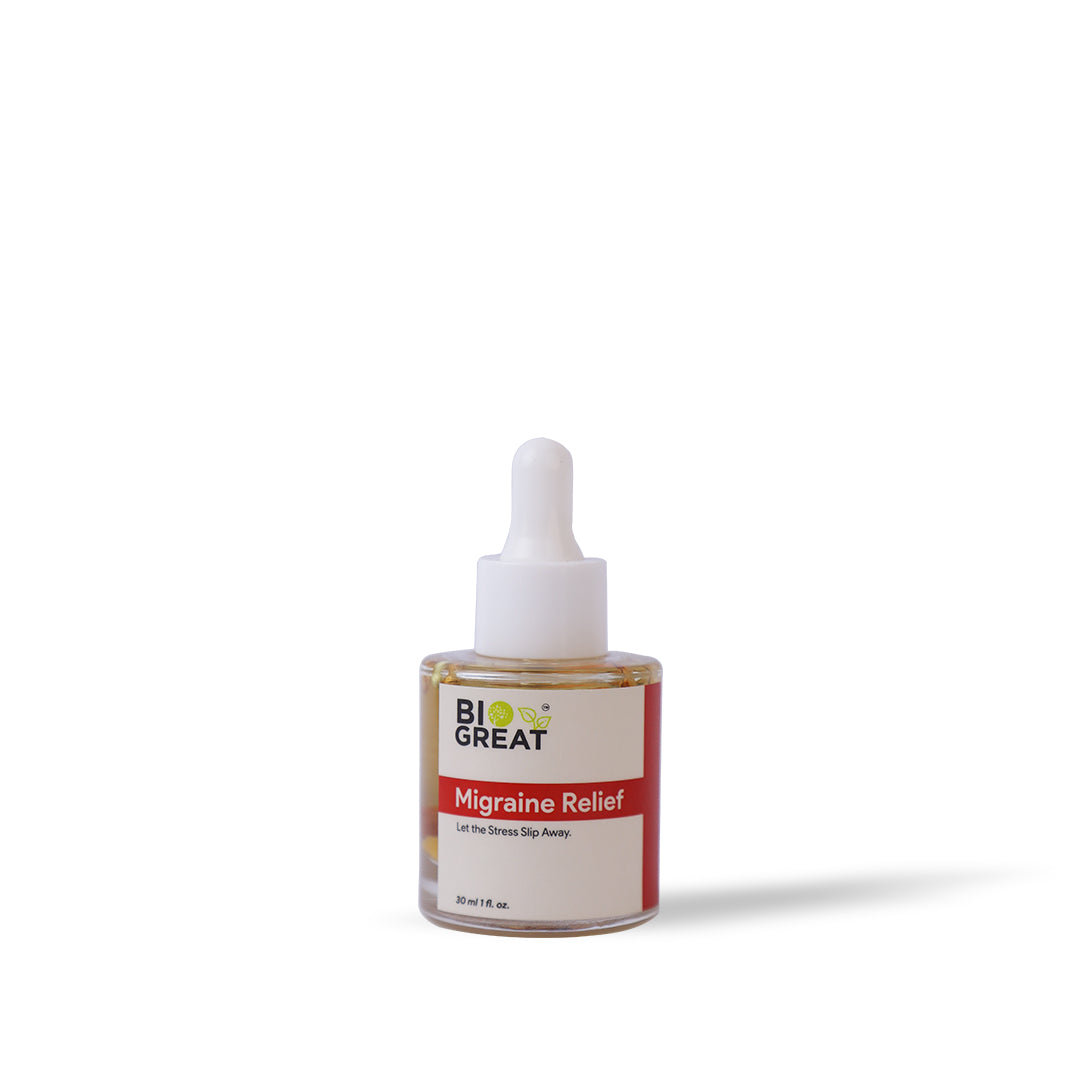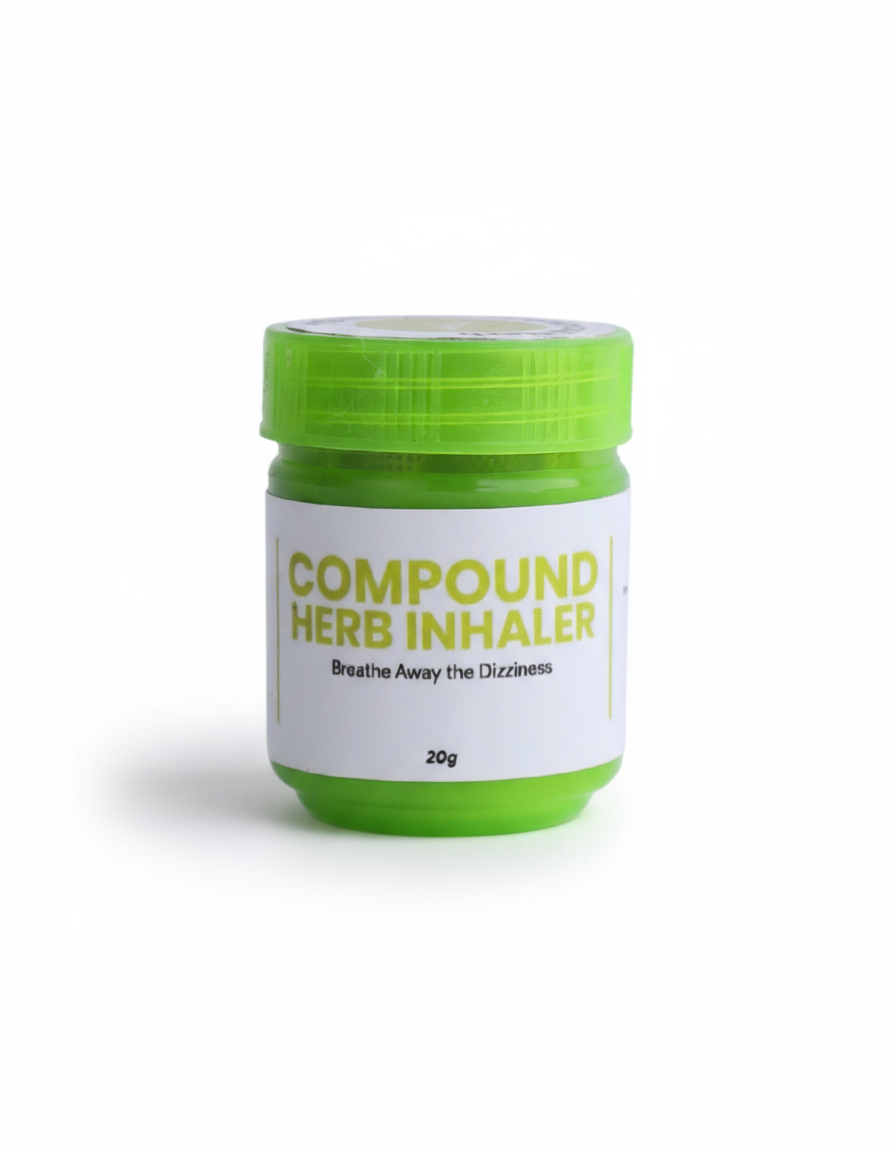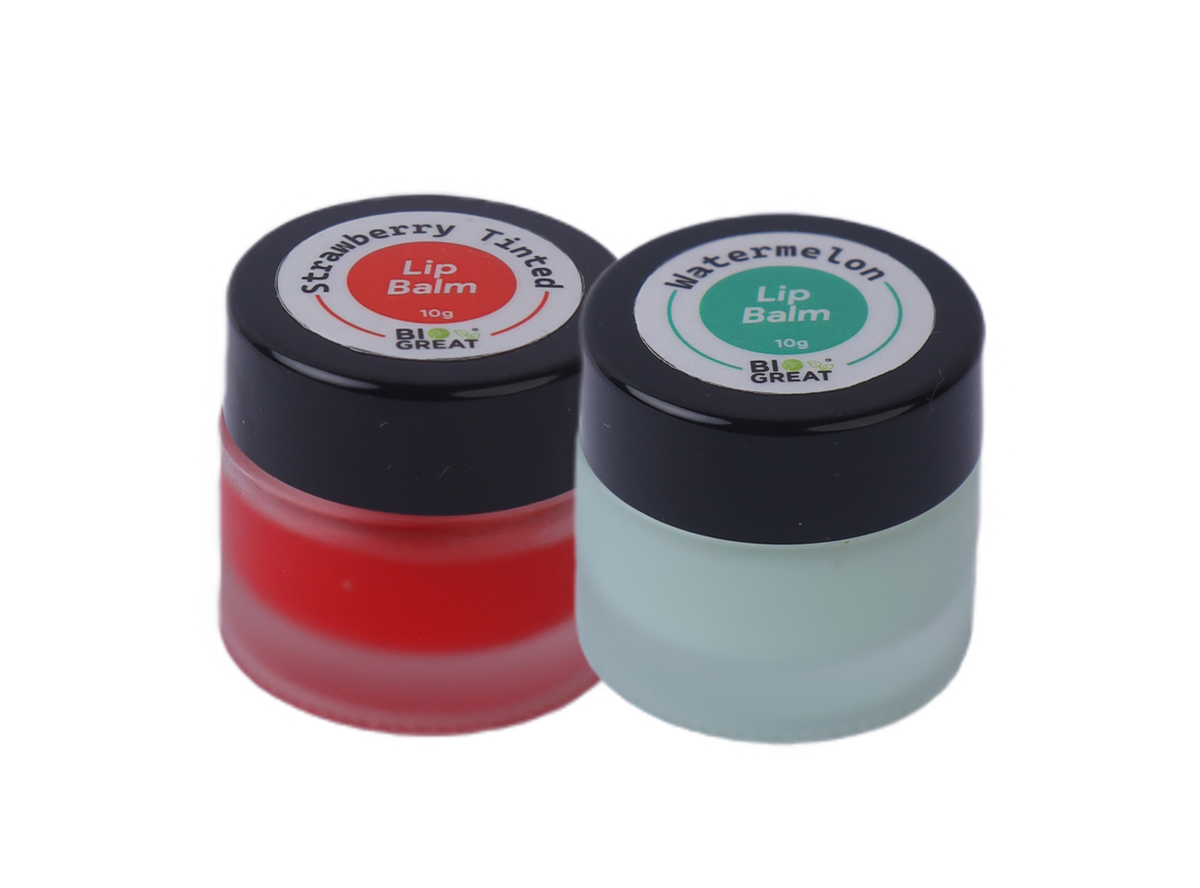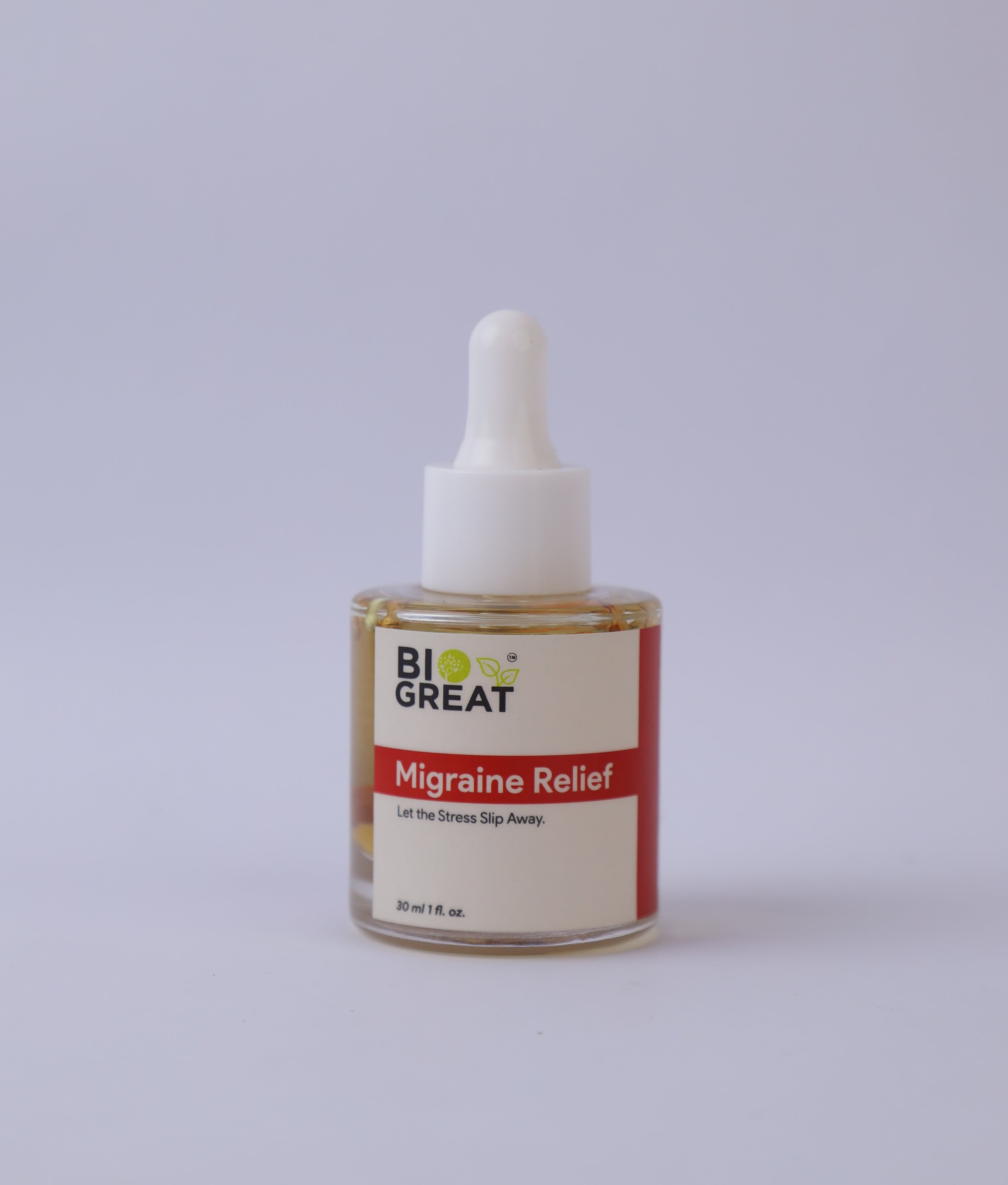To determine whether using pain relief oils is halal (permissible) or haram (forbidden) in Islam, it’s important to understand the principles behind these terms. Rooted in the Qur’an and the Sunnah (teachings of the Prophet Muhammad ﷺ), halal and haram guide Muslims in all aspects of life—including health and wellness choices like topical treatments and personal care products.
What Are Pain Relief Oils Made Of?
Pain relief oils are typically formulated from a blend of natural extracts, essential oils, and carrier oils. Common ingredients include eucalyptus, wintergreen, menthol, capsicum, clove oil, and other botanical substances known for their anti-inflammatory and soothing properties.
These oils are used for relieving joint pain, muscle soreness, arthritis symptoms, and more. Some products may also contain animal-derived ingredients like emu oil or ostrich oil, which can raise questions about their halal status.
Are Pain Relief Oils Halal?
Halal Considerations
Pain relief oils are generally considered halal if:
-
All ingredients are sourced from halal-compliant sources (e.g., plant-based or animals slaughtered according to Islamic law).
-
The product does not contain alcohol (specifically ethanol intended for intoxication or consumption).
-
The oil is used for permissible purposes, such as treating pain, inflammation, or other medical conditions.
-
The production and testing process follows ethical standards, including humane treatment of animals if any animal-derived substances are used.
Haram Considerations
Pain relief oils may be considered haram if:
-
They contain ingredients from animals not slaughtered according to Islamic guidelines, or from non-halal sources.
-
The oil includes intoxicating alcohols (such as ethanol) or harmful additives that are forbidden in Islam.
-
They are used in contexts that conflict with Islamic ethics, such as promoting impermissible behavior or practices.
Scholarly Perspectives
The halal status of pain relief oils can vary based on:
-
The ingredients used (plant-based vs. animal-derived).
-
Whether any impure or prohibited substances are involved in manufacturing.
-
The intended use of the oil.
Islamic scholars may differ in their rulings:
-
Some adopt the principle that everything is permissible unless clearly prohibited.
-
Others take a precautionary approach, especially when it comes to personal care items involving animal derivatives or alcohol-based components.
Therefore, seeking advice from scholars knowledgeable in Islamic jurisprudence and product formulation is recommended.
Consumer Awareness and Informed Choice
Muslims who wish to use pain relief oils should:
-
Check ingredient labels and look for halal certification where possible.
-
Be aware of hidden animal-derived components.
-
Ensure the product is not associated with anything contrary to Islamic ethics.
Choosing brands that are transparent about sourcing, manufacturing, and ethical standards helps consumers remain aligned with their values.
Conclusion
Determining whether pain relief oils are halal or haram depends on several key factors:
-
Source of ingredients (especially any animal-derived components)
-
Presence of alcohol or other prohibited substances
-
How and why the product is used
-
Overall ethical standards followed during production
As with many modern products, the best approach is to stay informed, read labels carefully, and consult trusted Islamic scholars or halal authorities when uncertain.
By making intentional and informed choices, Muslims can care for their health while staying true to their religious principles.




